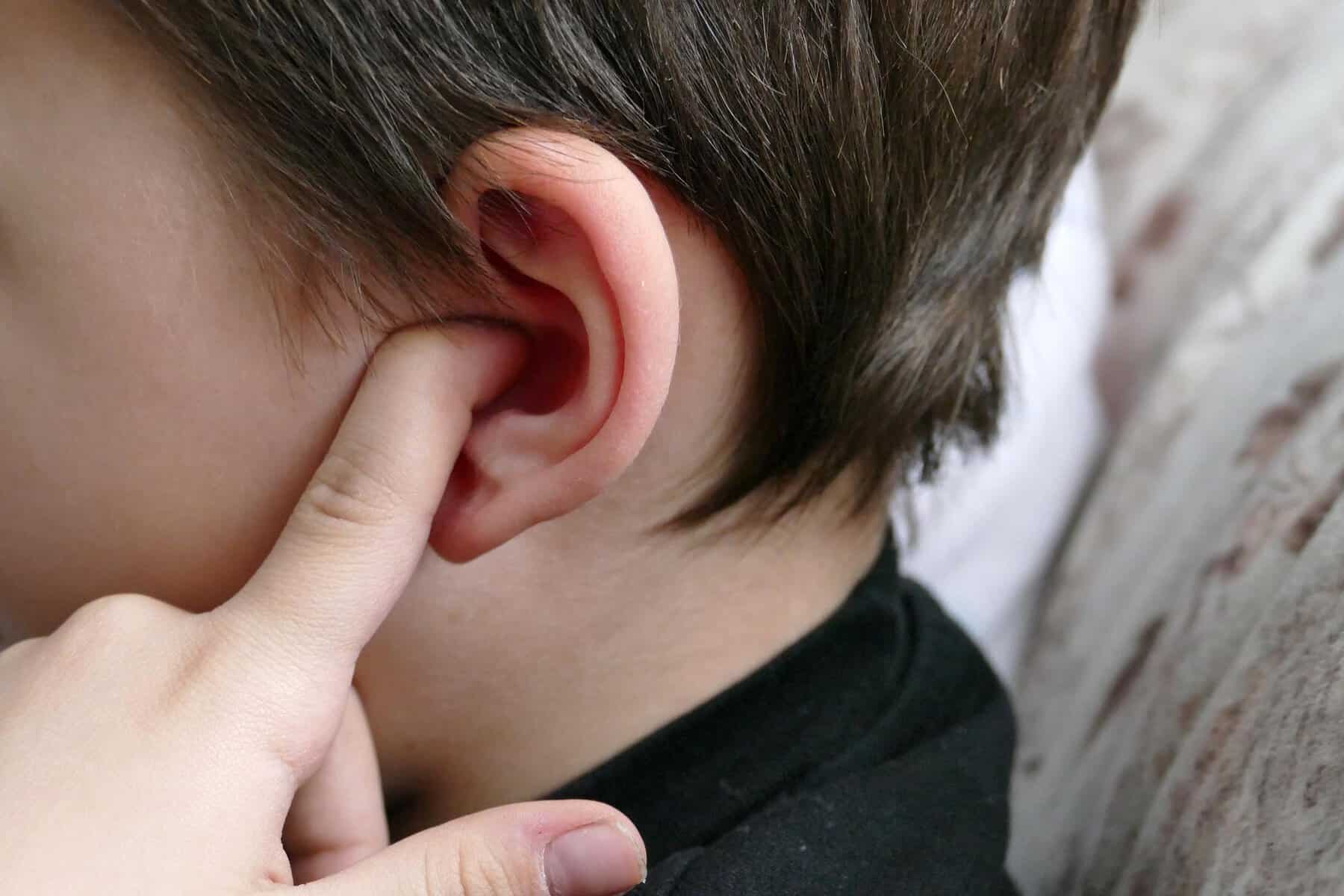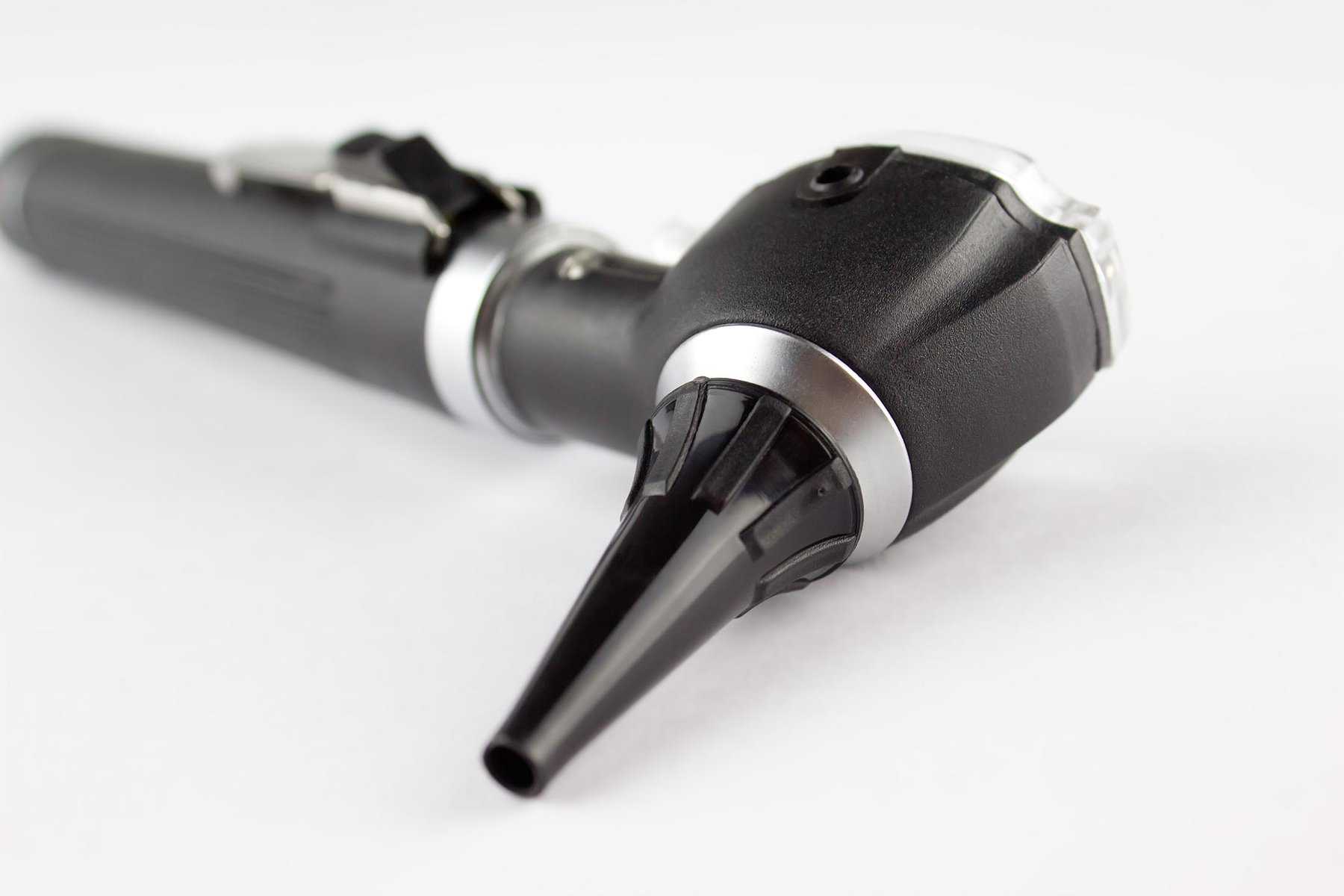Comprehensive Care at The Forbury Clinic
Address glue ear symptoms with expert care. Contact us for a consultation and explore effective treatments today.

Overview
Glue ear, also known as otitis media with effusion, is a common condition in which fluid accumulates in the middle ear, leading to hearing difficulties and potential speech delays. Addressing glue ear promptly is crucial, especially in children, as it can impact their development and quality of life. At The Forbury Clinic, our specialists offer personalised treatment plans to effectively manage and treat glue ear.


What is Glue Ear?
Glue ear occurs when the middle ear fills with thick, sticky fluid, hindering sound transmission and causing hearing problems. This condition is particularly common in children but can also affect adults. Common symptoms of glue ear include:
- Hearing loss or muffled hearing
- Ear discomfort or pain
- Balance problems
- Speech delays in children
- Behavioural changes due to hearing difficulties
Causes and Risk Factors
Causes
Glue ear can be caused by various factors, including:
Eustachian Tube Dysfunction:
When the tube that connects the middle ear to the back of the throat becomes blocked or doesn’t function properly.
Respiratory Infections:
Colds and other respiratory infections can lead to fluid buildup in the middle ear.
Allergies:
Allergic reactions can cause inflammation and fluid buildup.
Secondhand Smoke:
Exposure to tobacco smoke increases the risk of glue ear in children.
Bottle Feeding:
Feeding infants while lying flat can contribute to fluid accumulation.
Risk Factors
Risk factors that contribute to the development of glue ear include:
Young age, particularly between 1 and 6 years
Frequent upper respiratory infections
Exposure to tobacco smoke
Family history of ear infections
Diagnosis
Diagnosing glue ear involves a comprehensive evaluation, including:
- Medical History Review: Assessment of symptoms, medical history, and potential risk factors.
- Otoscopy: Examination of the ear using an otoscope to check for fluid behind the eardrum.
- Tympanometry: A test that measures the movement of the eardrum to detect fluid buildup.
- Hearing Tests: Audiometric tests to evaluate hearing levels and determine the extent of hearing loss.

Treatment Options
Effective management of glue ear involves a combination of treatments:
Watchful Waiting:
In some cases, glue ear resolves on its own without treatment. Regular monitoring is essential.
Hearing Aids:
Amplifying external sounds to improve hearing while the condition persists.
Autoinflation:
Using a special balloon device to help open the Eustachian tube and drain fluid.
Medications:
Using antibiotics if there is an associated infection, or nasal steroids for allergy-related cases.
Surgical Options:
- Myringotomy with Grommet Insertion: A small incision is made in the eardrum to drain fluid and insert tiny tubes (grommets) to ventilate the middle ear.
- Adenoidectomy: Removal of the adenoids if they are contributing to Eustachian tube blockage.
Managing Glue Ear
Managing glue ear effectively involves:
Lifestyle Changes:
Avoiding exposure to tobacco smoke, practising good hygiene to prevent infections, and encouraging upright feeding positions for infants
Home Care:
Monitoring symptoms and seeking prompt medical attention if they worsen or persist.
Ongoing Care:
Regular follow-ups with a specialist to monitor progress and adjust treatment plans.
Complications and Prognosis
If left untreated, glue ear can lead to complications such as:
- Persistent hearing loss
- Speech and language delays in children
- Recurrent ear infections
- Impact on academic and social development
With proper treatment, the prognosis for glue ear is generally positive. Many patients experience significant improvement in symptoms and overall hearing.


Why Choose The Forbury Clinic?
The Forbury Clinic offers expert care and advanced treatments for glue ear. Our dedicated team of specialists uses cutting-edge technology to provide accurate diagnoses and personalised treatment plans. We prioritise patient-centred care, ensuring each patient receives the attention and support they need. Choose The Forbury Clinic for expert care, state-of-the-art facilities, and a compassionate approach to managing glue ear.
